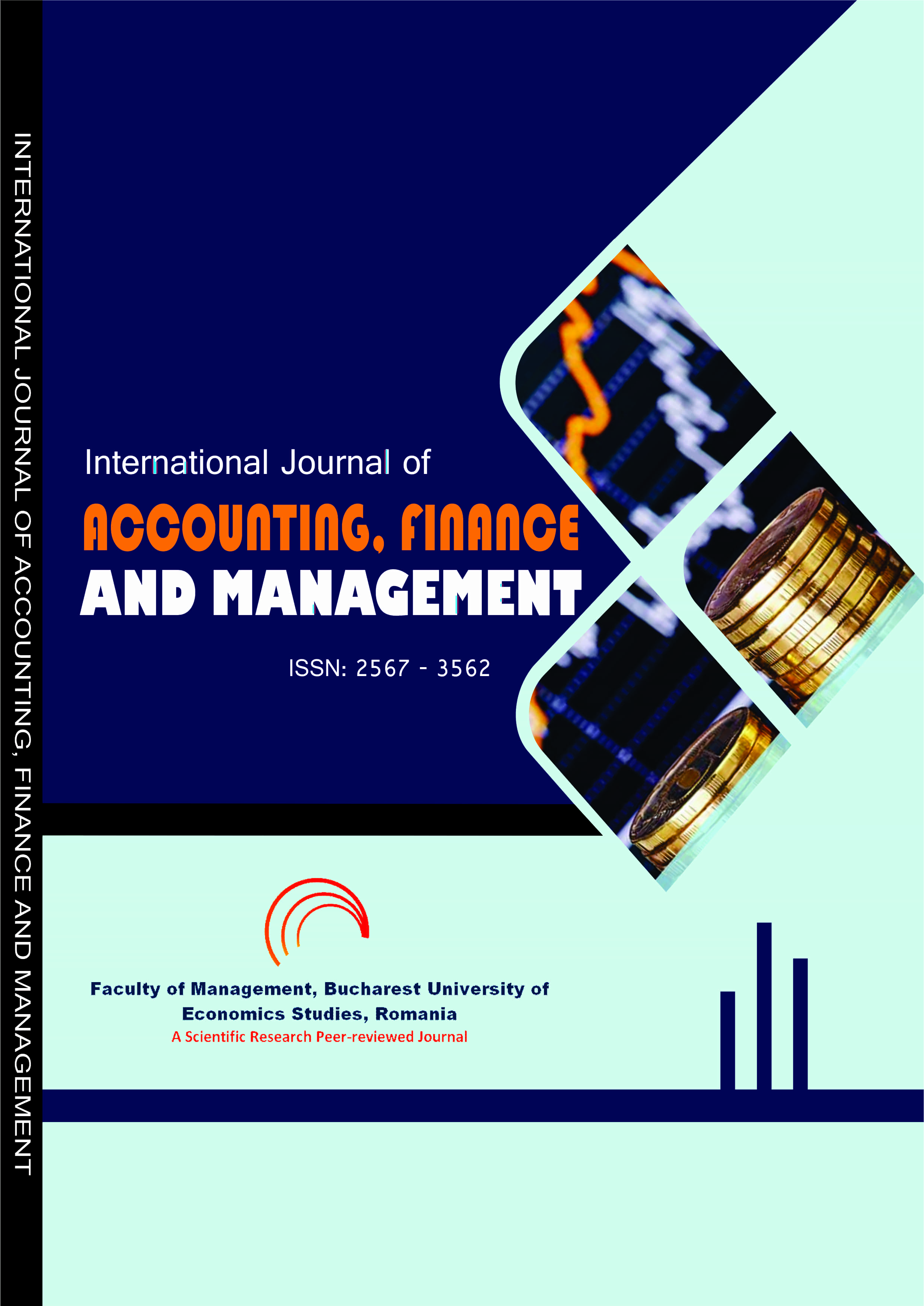INTERNATIONAL JOURNAL OF ACCOUNTING, FINANCE AND MANAGEMENT (IJAFM)
WORKPLACE OSTRACISM AND BANKING EMPLOYEES’ COUNTERPRODUCTIVE WORK BEHAVIOR IN THE MALAYSIAN BANKING SECTOR
E-ISSN: 5669-4522
P-ISSN: 2567-3562
DOI: https://iigdpublishers.com/article/29
According to Maslow’s Hierarchy of Needs Theory, individuals should be able to satisfy their needs for belongingness in their personal and work life. Individuals recognize the value of interpersonal connection as a form of social presence. As a result, it is critical to look at negative attitude and behavior that may occur when employees are disregarded, ignored, or dismissed by the group around them. Hence, this study seeks to examine the impact of workplace ostracism on the counterproductive work behavior of banking employees. Quantitative approach was used in this study where a survey was conducted on selected private commercial banks. Data were collected from 93 bank employees using a Likert scale close-ended questionnaire which included the scale of organizational ostracism and counterproductive work behavior. Regression analysis results revealed the relationship between counterproductive work behavior and workplace ostracism. Implications and limitations of the study are also discussed.
Jeannette Ong Ee-Lyn
Barkhuizen, N., & Rothmann, S. (2008). Occupational stress of academic staff in South African higher education institutions. South African Journal of Psychology, 38(2), 321–336.
Baumeister, R. F., DeWall, C. N., Ciarocco, N. J., & Twenge, J. M. (2005). Social exclusion impairs self-regulation. Journal of Personality and Social Psychology, 88(4), 589.
Berry, C. M., Ones, D. S., & Sackett, P. R. (2007). Interpersonal deviance, organizational deviance, and their common correlates: A review and meta-analysis. Journal of Applied Psychology, 92(2), 410.
Bruning, S. D., & Ledingham, J. A. (1999). Relationships between organizations and publics: Development of a multi- dimensional organization-public relationship scale. Public Relations Review, 25(2), 157–170.
Coffin, B. (2003). Breaking the silence on white collar crime. Risk Management, 50(9), 8–9.
